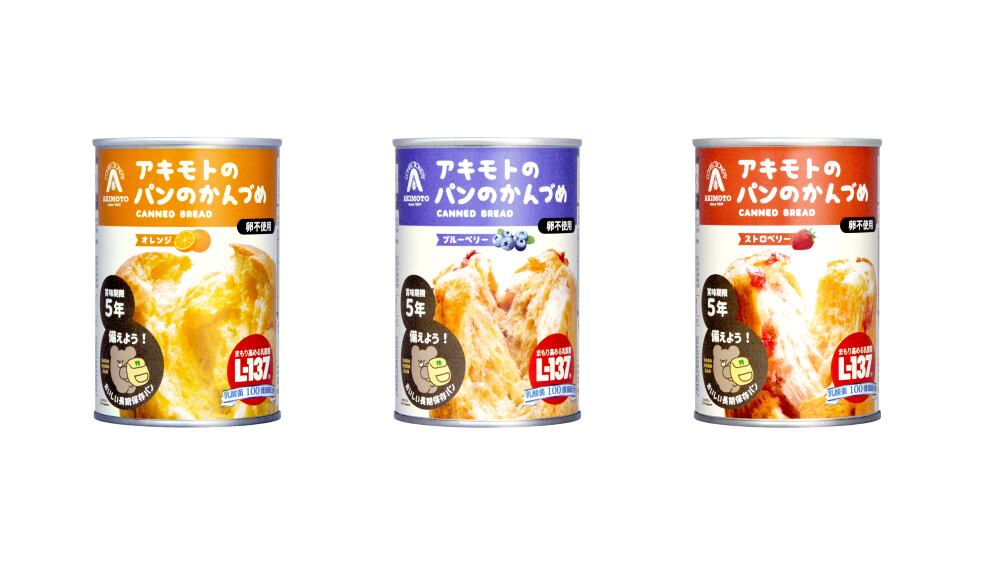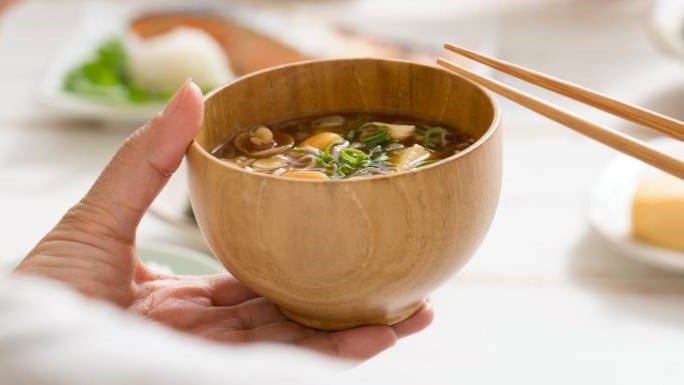The Probiota conference in Copenhagen during 2022 was yet another sign that ‘postbiotics’ are on the rise.
Yes, the definition itself is still debated, but that does not stop interest increasing in the category. For those who are less familiar with postbiotics this article on NutraIngredients summarises it very well and provides insight into a new review of available literature on the efficacy of postbiotics.
Postbiotics come in many forms, and in this particular article we focus on a leading postbiotic that is developed, produced and broadly used in Japan: L-137™ is a heat-treated strain of Lactobacillus plantarum first isolated from an Asian fermented fish and rice dish called narezushi. It has strong immune-stimulating properties as measured by its ability to induce Interleukin (IL)-12.
Its health benefits are proven by, amongst others, five clinical human studies. The latest research shows how the microbiome affects skin health.
This randomised double-blind placebo-controlled research took 80 healthy persons aged between 35 and 54 years old and studied the use of L-137™ over a period of 12 weeks. Results showed intake of HK L-137™ enhances skin moisture at the forearm and tends to up-regulate the skin barrier function at the face by reducing water loss. It was also found that intake of L-137™ significantly improved “skin condition satisfaction” and “skin-related QOL”. These findings suggest that daily L-137™ intake can reduce dry skin, thereby contributing to skin satisfaction. The pre-clinical study showed that L-137™ increases HA production by inducing IFN-γ. Therefore, the improvement in skin function in this new study is considered to be caused by HK L-137's augmentation of HA synthesis. Find the full study here.
One of the key benefits of postbiotics in general, and for L-137™ specifically, is the fact that these ingredients can be stored at room temperature and can withstand very high temperatures. This means, in turn, that many more applications can be developed that were previously not feasible with more traditional probiotics. Indeed, these require more sensitive processing and often a ‘cold chain.’
Scientists at House Wellness recently tested a UHT process for beverages at a temperature of 140°C for six seconds. L-137™ was still detected and maintained its function. Unlike many traditional probiotics which are sensitive to heat, L-137™ is still effective after the UHT process and even has a positive effect on maintaining intestinal flora through long-term intake.
With applications in mind this means that shelf stable beverages are a real option under more severe processing conditions.
One interesting example from Japan is a unique type of canned bread. This innovative product, made by Pan Akimoto, shows the versatile side of postbiotics and can be considered a real innovation in bakery, especially for Europe. Achieving a long shelf life of five years under normal storage conditions is quite exceptional.
This type of food represents an emerging trend in Japan for several reasons. Every year Japan suffers from serious natural weather events ranging from typhoons and flooding to earthquakes. So, there is a great need for keeping “emergency foods” for when conventional shopping is not possible. Furthermore, following the COVID-19 pandemic, camping has become more popular so now people can enjoy functional bread even in remote areas.




